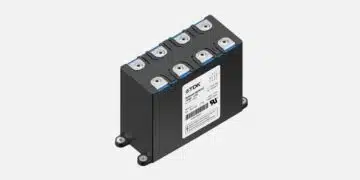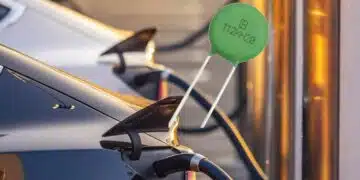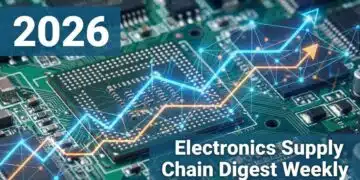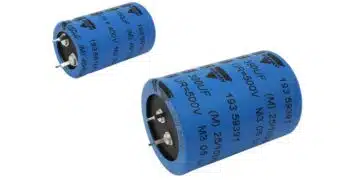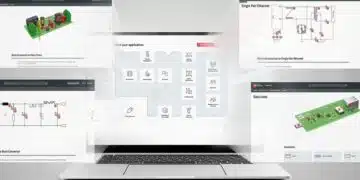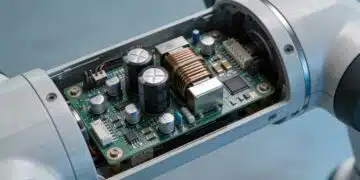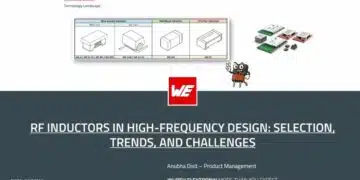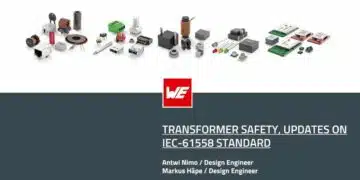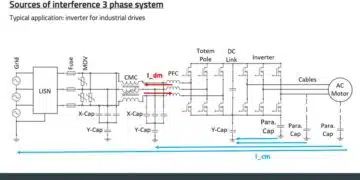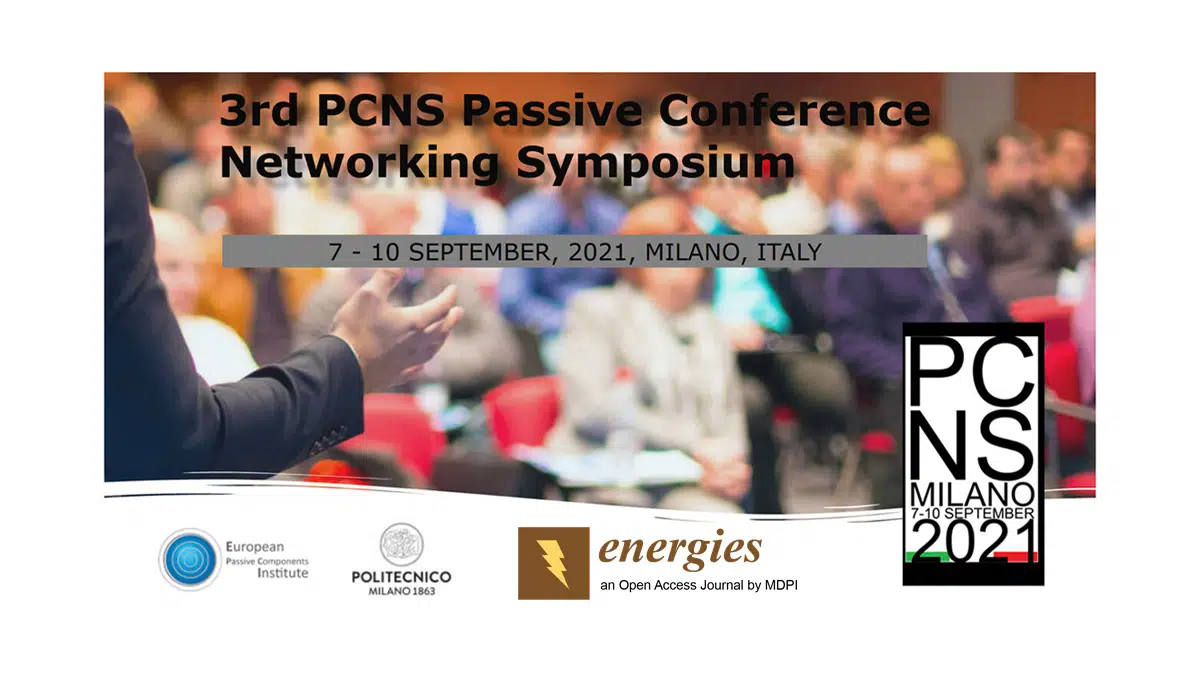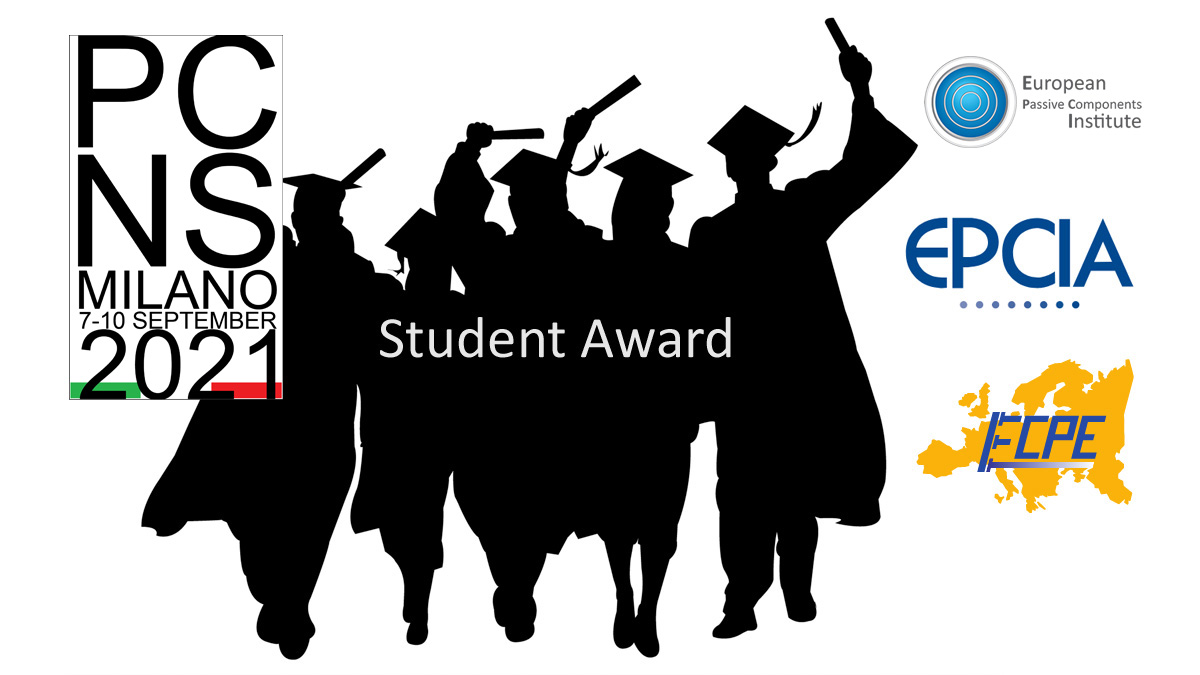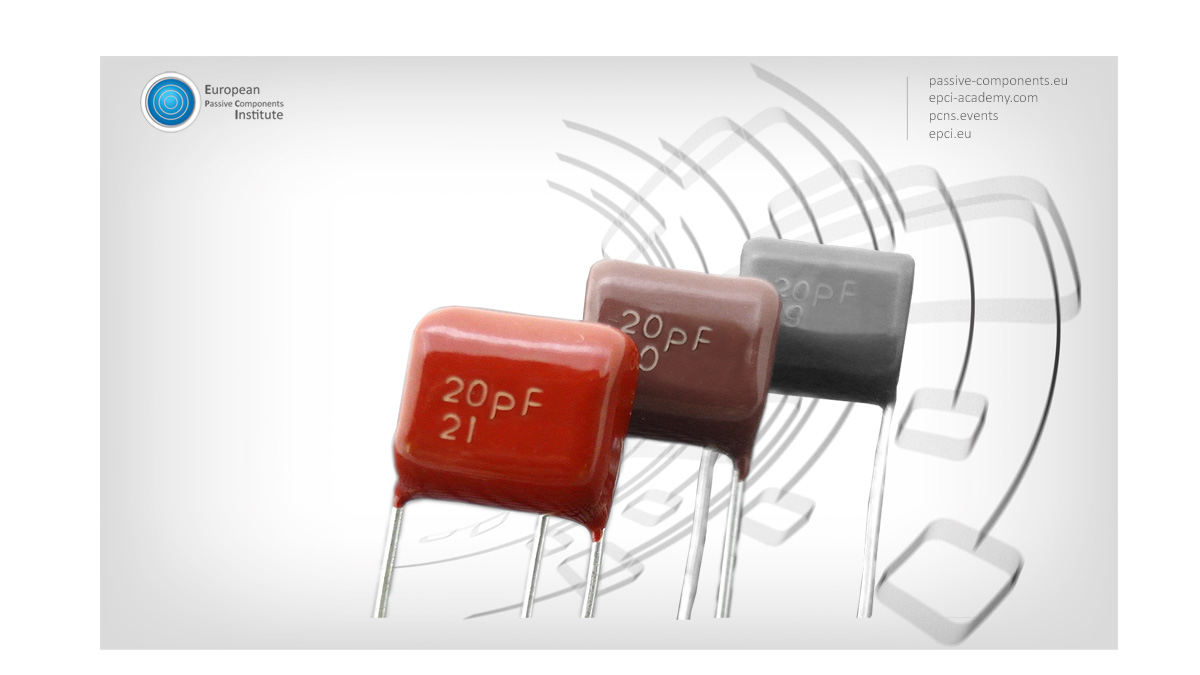The EPCIA, the European Passive Components Industry Association, in cooperation with ECPE European Center for Power Electronics e.V. is pleased to announced its EPCIA Student Award in the field of passive components.
The Award
Passive components, such as capacitors, resistors, inductors or filters, are crucial to make the (electronics) world “go round”. There is no semiconductor component and no electronic circuitry which can work properly without passive components.
The EPCIA Student Award grants all students – graduate and PhD candidates – the possibility to attend a conference and present their thesis on passive components to an expert audience. The Award is jointly presented by the European Passive Component Industry Association (EPCIA) and the European Center for Power Electronics (ECPE).
Each Award is granted with € 1,000, subject to the provision that it may be split amongst more than one applicant.
To see if you or your team is eligible for an EPCIA Student Award, read the Terms & Conditions carefully.
If so, do not hesitate to apply and send the following documentation to this e-mail address: [email protected]
- a completed Application Form
- an abstract of the related thesis or paper
- the title of the ECPE event you wish to join
- and documentation proving you are affiliated to a university
All submissions will be reviewed by a panel of experts that is going to decide on winning applications based on their degree of innovation / originality related to passive components and their benefits for consumers, society, or the environment.
The Award may be awarded under the following conditions:
- Each Award is granted with EUR 1,000.00 subject to the provision that one grant may be split amongst more than one Applicant. Per calendar year, Awards of up to a maximum of EUR 6,000.00 in sum may be granted.
- One Applicant can receive only one Award per calendar year irrespective of whether the paper / thesis has been submitted by more than one applicant.
- Only one Applicant / team per application will be granted an Award. For the sake of clarification: If and to the extent a team as Applicant is granted an Award, the maximum sum related to such awarding shall be EUR 1.000,00.
- If the Applicant is granted an Award in one calendar year, the applicant is not eligible to apply again until one full calendar year has passed between these applications.
- Submission of more than one paper / thesis per Applicant is permissible.
- Submission of a paper / thesis has to be done 3 months before the ECPE event for which the applicant has registered; such dates of qualifying ECPE events will be announced timely via this link.
- Re-submission of papers / theses by one Applicant is permissible provided such paper has not received an Award previously.




